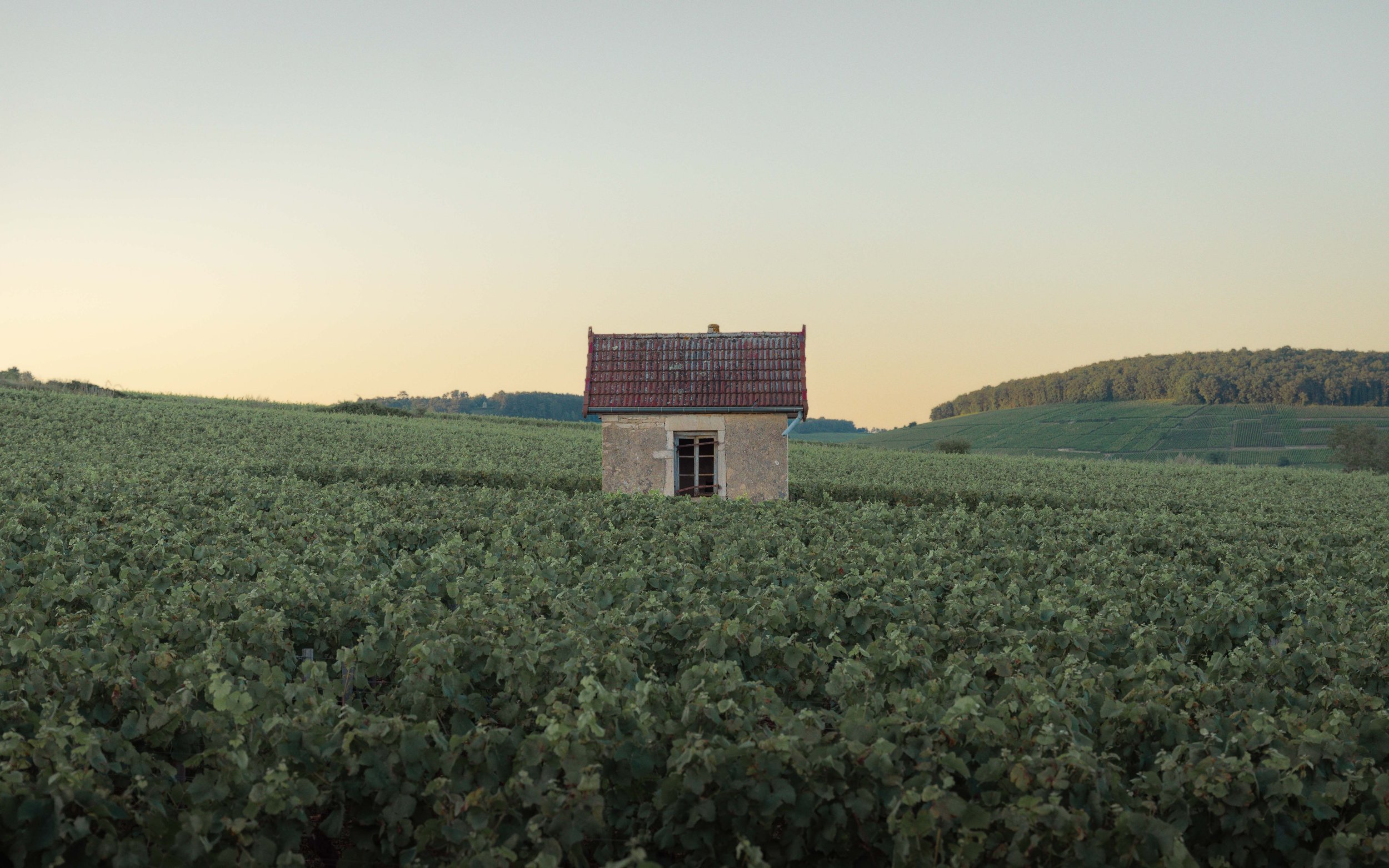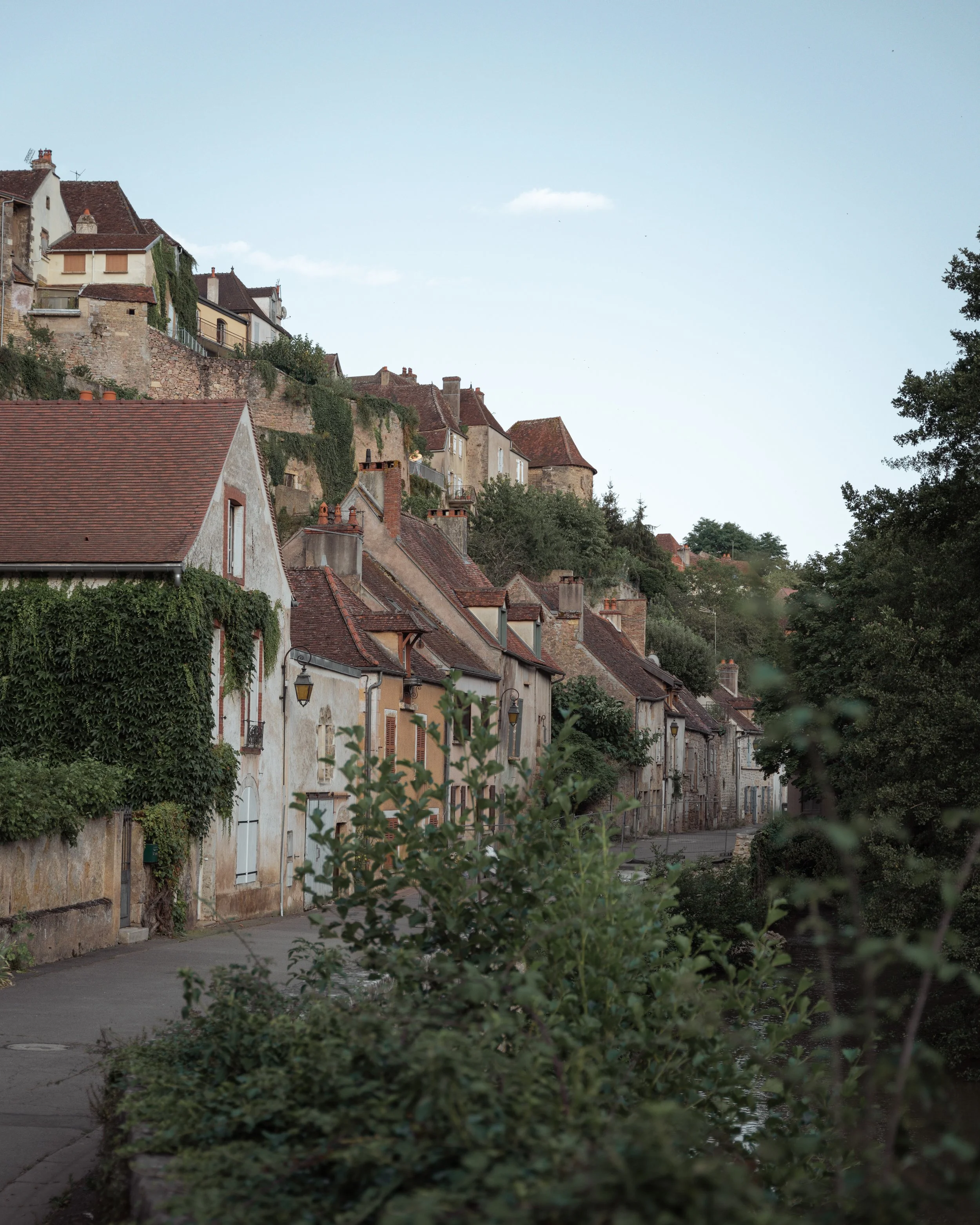Is Burgundy worth visiting if you are not into wine?
“We should probably avoid staying at the house,” I told my husband right after our plasterer informed us that the work on our flat would take five days. I couldn’t bear the thought of almost a week surrounded by dust and noise, tiptoeing between rooms, and cleaning every day.
This is how we ended up on an impromptu trip to Burgundy, France - mainly because there was a house sitting opportunity that coincided perfectly with our plastering schedule. It wasn’t a long-dreamed-of holiday finally coming to fruition, nor was it a destination carefully selected after months of planning.
If at first, I was thrilled about the change of scenery, as the departure date neared, I grew quietly worried that perhaps Burgundy wasn’t where I would have chosen to go after all. Why? Because I had always assumed that Burgundy was all about one thing: wine. And, despite enjoying the occasional glass with a nice meal, my knowledge of wine is, well, amateurish at best. What would I do in a destination whose main draw was something I wasn’t particularly into? I mean, there is even a colour named Burgundy after their reds! If that doesn’t signify a strong connection, I don’t know what does.
You can probably guess what happened next, right? In less than three weeks Burgundy won me over completely. I arrived a hesitant, slightly sceptical visitor, and left a staunch supporter of everything Burgundian. Yes, it is simply that easy to fall in love with this region.
So, if you think Burgundy isn’t for you because you are not passionate enough about wine to plan a trip around it, please read on.
Let me explain why this part of France might be just the place for you too.
Burgundy is not only about wine
Let’s dispel the myth that Burgundy’s allure lies solely in its wine.
Should you decide to steer clear of the region’s most famous product, I can guarantee that there will still be plenty to keep you busy. In fact, it’s hard to imagine a more well-rounded tourist destination.
Burgundy’s rural soul captivates with rolling hills carpeted not just with vineyards, but also with lush forests and golden fields of sunflowers and mustard. Its glorious countryside is sprinkled with charming villages, stunning châteaux, and ancient monasteries.
Five of the plus beaux villages de France are nestled in its curvy landscape, and four of its heritage sites are recognised by UNESCO.
Outdoor enthusiasts will not be twiddling their thumbs either: Burgundy has miles of walking paths, biking tracks, and horse-riding trails. It offers scenic canals and rivers to explore on rental boats, kayaks, and canoes. It can even be admired from above in hot air balloons.
And then, there's the food. Because wine production invariably attracts talented chefs, inspired by the prospect of creating new pairings to further elevate the culinary experience. But also because wine is not the only gastronomic delight here. Ever heard of Dijon mustard? Local mustard producers offer tastings and tours of their factories, and you will always be able to request a jar of mustard to accompany your restaurant meal. And let’s not neglect the Burgundian cheeses either: four of them boast “Protected Designation of Origin” status, while two others are certified with a “Protected Geographical Indication” label, thus confirming how the region’s dedication to top-notch quality extends far beyond wine.
Think you are not into wine? Burgundy may still convert you
You may visit Burgundy to explore the ancient history of its castles and monasteries, wander the cobbled alleys of its postcard-perfect villages, or embrace its outdoors on an active holiday.
But unless you don’t drink at all, my advice is to sample at least a little of its most renowned offering.
Wine in Burgundy is more than the product of an agricultural practice; it’s an essential component of its identity. Viniculture has shaped its landscape and economic growth and is deeply intertwined with its history and culture. The roots of Burgundian winemaking trace back to the Roman presence in the area, and much of its diffusion is owed to the religious monasteries established there in the Middle Ages. These religious communities were the first to observe that the same grape variety would yield different wines depending on the specific vineyard plots. Such realisation laid the foundation for Burgundy’s unique emphasis on the individuality of each parcel of land and the region’s devotion to honouring the terroir - a concept reflecting the unique combination of environmental, geological, and human factors that affect a crop in a precise area.
When you sip a Burgundian wine, you sip centuries of passion, expertise, and dedication. You embrace an experience that’s at once gastronomic and cultural.
The main wine areas are wired to accommodate all levels of wine knowledge, making it easy for us visitors to engage with the industry: tasting opportunities are available in most wineries, cellars, wine shops, and fine food stores; the region’s wines are sold by the glass or the bottle in every single restaurant; wine tours abound. And despite the prestige surrounding the industry, Burgundy's agricultural roots make it a laid-back place where locals are welcoming and friendly - even when their cellars may hold liquid gold. There was no pretentiousness in presenting me with a Premier Cru to taste (although the sommelier might have been momentarily speechless when I said that it felt like sipping ice cream) at an ancient château, nor in answering my amateurish questions.
Finally, the best part about Burgundian wine is that you don’t need a particularly sophisticated palate to appreciate it: I think anyone who has had wine before will instantly recognise that these Pinot Noirs and Chardonnays are special. I, for one, am a convert and will approach wine lists with confidence in the future: as long as there is something from Burgundy, I know I won’t be disappointed.




